Our Success Stories

Santosh | Dr. (Lt. Col) Leena N Sreedhar | Manipal Hospitals Delhi
Santosh, who visited Manipal Hospitals Delhi for a routine check-up, was recommended surgery for a cyst that was diagnosed by Dr. (Lt. Col) Leena N Sreedhar. Watch the video to know about Santosh's experience of her treatment at Manipal Hospitals Delhi.

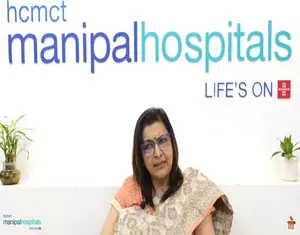
Successful Delivery | Dr Leena N Sreedhar | Manipal Hospitals Delhi
Sharing her delivery experience, Mrs. Prerna Sharma, thanks Dr. (LT COL) Leena N Sreedhar, HOD And Consultant - Obstetrics & Gynaecology, HOD Department Of Academics And Research, and the medical team at Manipal Hospitals Delhi for ensuring a safe and hassle-free birthing. Watch the video to learn more.

.jpg)
Parental Stress | NICU | Manipal Hospitals Delhi
'After delivery, there was a time when the baby was not able to breathe. Those four hours fight, we still remember. We lost all hope, but our doctors, Dr. Leena Sridhar and Dr. Vinay Rai gave us confidence and brought our baby back.' Watch Mr. Abhishek and Mrs. Leena Kumar, the parents, recall their experience with the doctors and the NICU team at Manipal Hospitals, Delhi, and express their gratitude.





























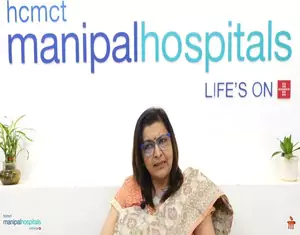
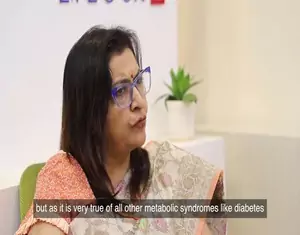
.jpeg)
.jpeg)

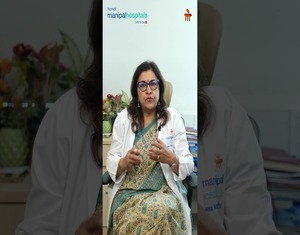
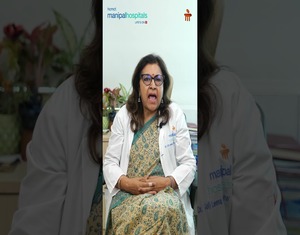
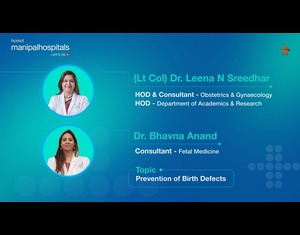

 3 min read
3 min read 





